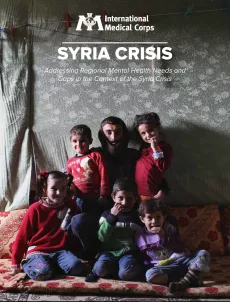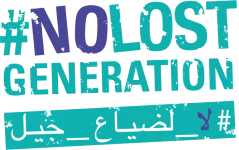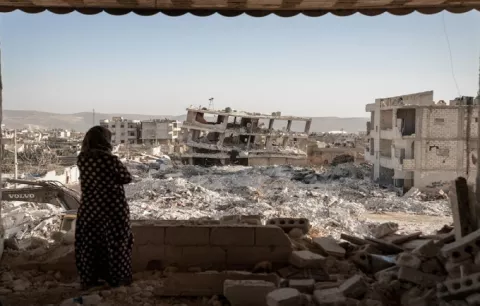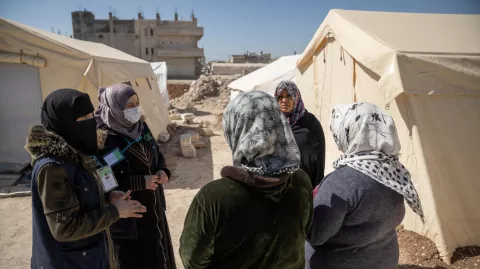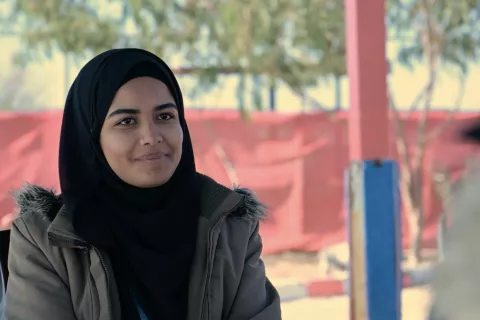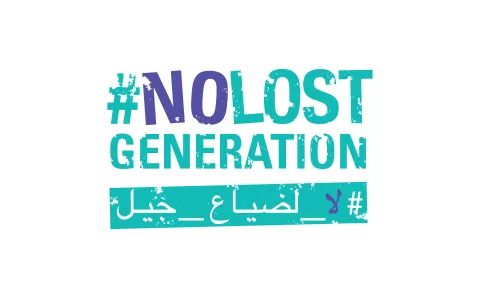Addressing regional mental health needs and gaps in the context of the Syria crisis
International Medical Corps
Highlights
International Medical Corps, released a report containing evidence of a disturbing tragedy emerging from the Syrian conflict: as mental health and psychosocial needs continue to grow among the millions of Syrians exposed to the chaos of war and displacement, so too does the urgent need for skilled staff and accessible mental health services.
The prevalence of emotional disorders such as anxiety and depression can double in a humanitarian crisis, and people with pre-existing mental health problems are especially vulnerable. The report found that among Syrians who utilized mental health services at International Medical Corps’ facilities across the region, 54 percent suffered from emotional disorders and 11 percent had psychotic disorders such as schizophrenia. More than a quarter of the children receiving mental health services had developmental disorders.
The report reveals weak national mental health services overburdened by the demands placed on them by the Syria crisis. Health facilities which previously provided integrated mental health services in Syria have themselves become casualties of war, with most either destroyed, damaged or not functioning. The shortage of trained mental health care providers is viewed as critical, both in Syria and in the neighboring countries where refugees now reside. Strengthening and expanding these services is crucial for Syria’s longer term recovery because the need for treatment will last for years after the war ends.
Scaling up accessible, sustainable and comprehensive mental health services, including strengthening and preparing mental health care systems in Syria and surrounding countries; Increasing mental health training for doctors, nurses and other general health care providers as well as augmenting the training psychologists and social workers, which will help increase the cadre of trained mental health human resources now and in the future; and Involving affected Syrians in community outreach and in learning basic psychosocial support skills, which can strengthen community support and help establish links to formal mental health care services.
